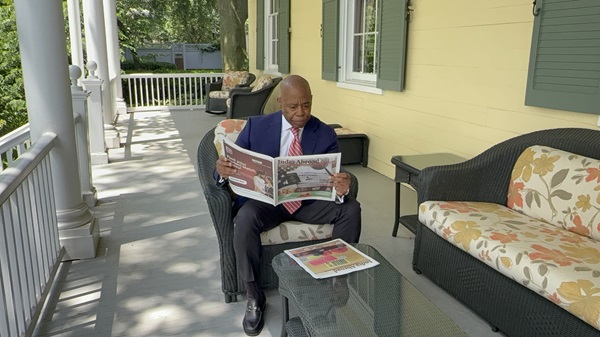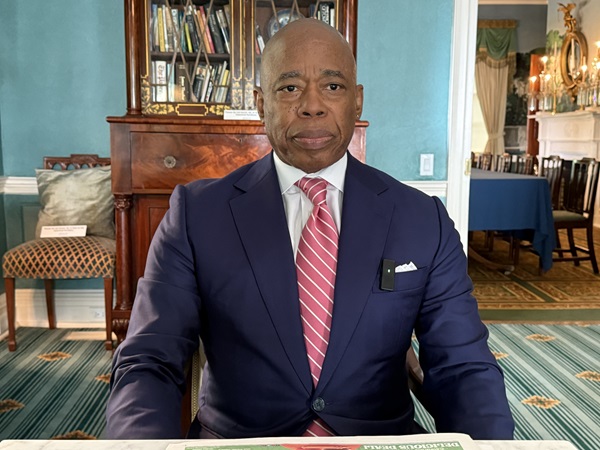“Relationship that matters way beyond Pahalgam”: Tharoor on India-US ties
He noted that Washington’s response so far reflected “solidarity” and a desire to engage on broader matters.
.jpg) Congress leader Shashi Tharoor. / Facebook/ Shashi Tharoor
Congress leader Shashi Tharoor. / Facebook/ Shashi Tharoor
Congress leader Shashi Tharoor said that the India-U.S. relationship extends far beyond the recent Pahalgam terror attack, describing it as a partnership rooted in shared goals, respect, and strategic engagement.
Speaking at a media briefing at the Indian Embassy on June 4, Tharoor addressed Indian and American journalists as part of an Indian parliamentary delegation visiting the United States.
“This is a relationship that matters way beyond this particular issue,” Tharoor said when asked how the Pahalgam attack might affect India-U.S. ties. “It shows that we are giving the U.S. the respect they deserve and giving them our side of the story…offering any clarifications they may have.”
He noted that Washington’s response so far reflected “solidarity” and a desire to engage on broader matters.
“They are showing us understanding and equally they want to talk about much bigger things and many, many other masses,” Tharoor said. “So for us, this still is not something we want people to forget.”
Tharoor also addressed concerns that global attention to the attack might fade, saying, “In many countries far away from India, it was a three-day story and then it’s been forgotten.”
“We understand you’ve got many other issues to deal with, but don’t forget what happened to us,” he said. “Don’t forget why we did what we did and bear this in mind if they do it again.”
He reiterated India’s stance on counterterrorism: “Our Prime Minister said very clearly…iif terrorism resumes, so will our reaction resume.”
“If they hit, we will hit back and we’ll hit back very hard. If they leave us alone, we’ll be happy to leave them. We have no desire to do anything.”
Fellow delegation member and BJP MP Shashank Mani Tripathi added that the Indian diaspora, especially in the United States, plays a growing role in the bilateral relationship.
“There’s a mixture of great economic power rising with a 35 million diaspora across the world, which is also rooting for that,” Tripathi said. “They want to take part in economic activity for two reasons…economic gain, but also culturally.”

 Lalit K Jha
Lalit K Jha

.jpg)



.jpg)
.jpg)
.jpg)



.jpg)

Comments
Start the conversation
Become a member of New India Abroad to start commenting.
Sign Up Now
Already have an account? Login